The idea of clustering revenue management positions has become more customary recently. When it’s done well, it lets you reduce costs, boost efficiency, and increase revenue. But clustering isn’t always easy. Time constraints and the ability to access reliable, real-time data can make it difficult.
5 Common Challenges for Cluster Revenue Managers
If you create a cluster of three hotels, one revenue manager probably won’t be able to give the same level of attention to each property as three people did before. One reason is the sheer volume of the market, compset, and in-house data this person would need to process.
However, more challenges are waiting for cluster revenue managers. Let’s explore five frequent obstacles they face and the one simple solution that can help you overcome them, so all your clustered properties can reach their full revenue potential.
1. Working with Large Data Volumes for Multiple Hotels
Collecting and processing data is one of the most time-intensive parts of revenue managers’ jobs. Only once that’s done, can they get on with their core task – developing strategies and optimizing rates. Even if you’re only managing one property, this can be difficult, especially if your market is dynamic.
What does that mean for clustering? In the worst case, the quality and quantity of data you can collect and process for each hotel will reduce. That means your approach will not be as refined as possible.
Instead of compromising on the amount and quality of data you use, leverage a system for data processing. A powerful RMS can gather and visualize all important data points live, 24/7. That includes internal KPIs such as occupancy, revenue, RevPAR, and ADR for all clustered hotels. Now, you no longer need to spend time on manual data collection and can immediately focus on strategizing.
2. Understanding Each Property’s Performance
Seeing all your hotels’ KPIs at a glance is a good start. But how about exploring your properties’ performance?
If each hotel uses different report formats and systems, that can become a complex, lengthy task. An extra challenge comes on top if your cluster is made up of brands with varying revenue potential. The same is true if you’re overseeing properties in different countries with their own currencies. Manually converting everything into the same currency takes extra time.
Here too, an RMS can support you by comparing all your properties on the dashboard. In a few clicks, you can sort them by brand or location and take a closer look at KPIs and properties that need attention. And of course, it can convert all results into a single currency to make the comparison easier. This lets you better understand each hotel’s performance and role in your cluster. This, in turn, reveals which property needs some extra attention and allows you to take targeted actions.
“With our RMS’ multi-property dashboard, I get a clear picture of how each property, brand, and region is performing, and it helps us to identify revenue opportunities and which properties need action first,” says Eric Bergsten, Senior Revenue Manager at CIC Hospitality.
3. Creating a Unique Strategy and Updating Rates in Real Time at Each Property
Every hotel needs a tailored revenue strategy that works for its particular situation. That’s not easy if you’re overloaded with tasks like data collection and reporting for all your hotels.
If so, your revenue manager may be tempted to develop a one-for-all strategy for the entire cluster. This saves time, but hotels don’t get the custom strategy they need to maximize all revenue opportunities.
The best way to address this challenge is to use an RMS that gives you access to all needed information in a clear, visually appealing format. This frees you up to spend time on each property and determine the best approach for its situation and market.
Take it a step further with an RMS that provides real-time data and offers live, automatic rate adjustments. This saves even more time and helps you seize revenue opportunities at all properties.
“Our RMS is a powerful solution that combines artificial intelligence, pricing mechanisms, and real-time price optimization that has greatly benefited our hotels and supported our growth,” Eric says. “It has generated fantastic results for us. All of our properties run on full-price automation, which means we save vast amounts of time; a working day per week, in other words, 30+ hours per month.”
Additionally, CIC Hospitality has increased its portfolio’s overall RevPAR by 13% since implementing its RMS. With results like that, it’s obvious why more hotel groups and chains are using RMS with multi-property capabilities to manage their portfolios more effectively.
4. Improving Interdepartmental Communication
When creating a cluster, all commercial teams need to work together more closely to make it a success. It is essential to share data, set cross-departmental goals, and develop roadmaps to achieve them.
Again, an RMS can offer valuable support since it provides relevant data to revenue sales and marketing teams. Go a step further and choose an RMS that links with a business intelligence platform and gives you access to more in-depth yet easy-to-process data like pick-up figures, forecasts, and future demand insights. This last one is particularly useful for sales and marketing because it reveals which markets will most likely respond to targeted campaigns.
5. Logging In and Out of Programs Frequently
For those who don’t have to do it several times a day, this may seem like a negligible point. But signing in and out of your RMS every time you want to check on a different property is a nuisance. On top of that, the time this takes adds up fast.
Things will be much faster and smoother once you implement a modern system that lets you switch between hotels in just a few clicks without signing in repeatedly.
While looking over these common challenges for cluster revenue managers, you probably found a few you could relate to.
Without a doubt, many of your fellow hoteliers have felt the same. As more of them start clustering properties to boost efficiency, they understand the benefits of an innovative RMS with multi-property capacity.
Ligula Hospitality is one such example. To realize its portfolio’s full potential, it implemented an RMS at 45 properties across six different brands in November 2021. Since then, they’ve seen their KPIs and efficiency increase significantly.
“Our team was impressed by Atomize’s fully automated yielding performance during the benchmark period. Atomize is a next-gen RMS solution, and we feel confident that the application will help us grow by increasing our revenues, and at the same time, increase the overall operational efficiency for our staff”, says Fredrik Ternsjö, Head of Revenue, Distribution & Systems at Ligula Hospitality Group.
Free Guide: How Hotels Can Use Guest Data to Increase Revenue
This guide, “How Hotels Can Use Guest Data to Increase Revenue“, will educate you on how employing intelligent technology is the most efficient approach to tackle these issues.
Click here to download the Guide “How Hotels Can Use Guest Data to Increase Revenue”.
More Tips to Grow Your Business
Revfine.com is the leading knowledge platform for the hospitality and travel industry. Professionals use our insights, strategies, and actionable tips to get inspired, optimize revenue, innovate processes, and improve customer experience.Explore expert advice on management, marketing, revenue management, operations, software, and technology in our dedicated Hotel, Hospitality, and Travel & Tourism categories.

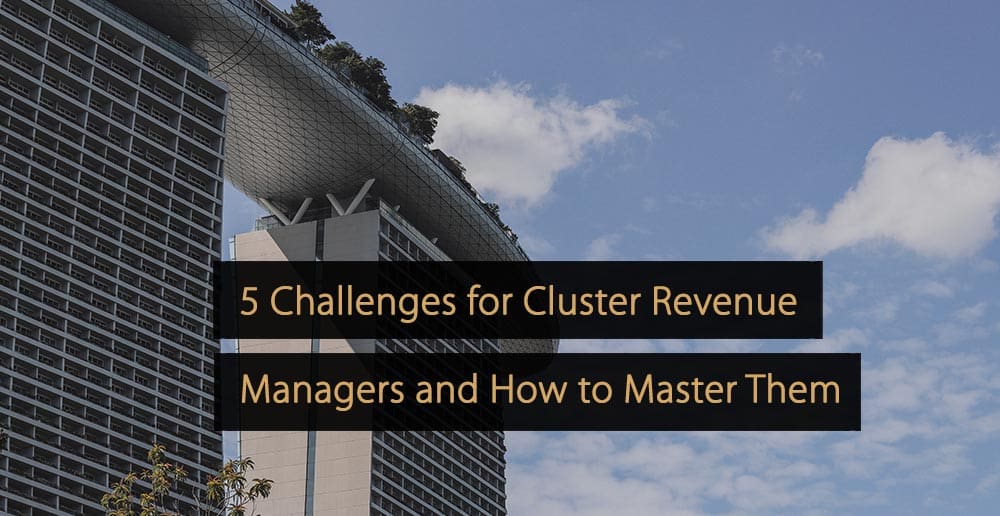
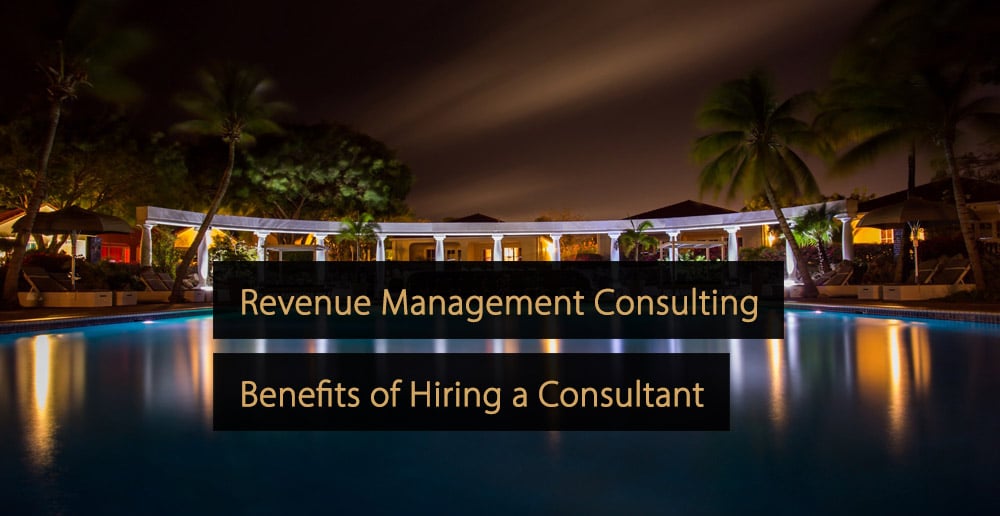
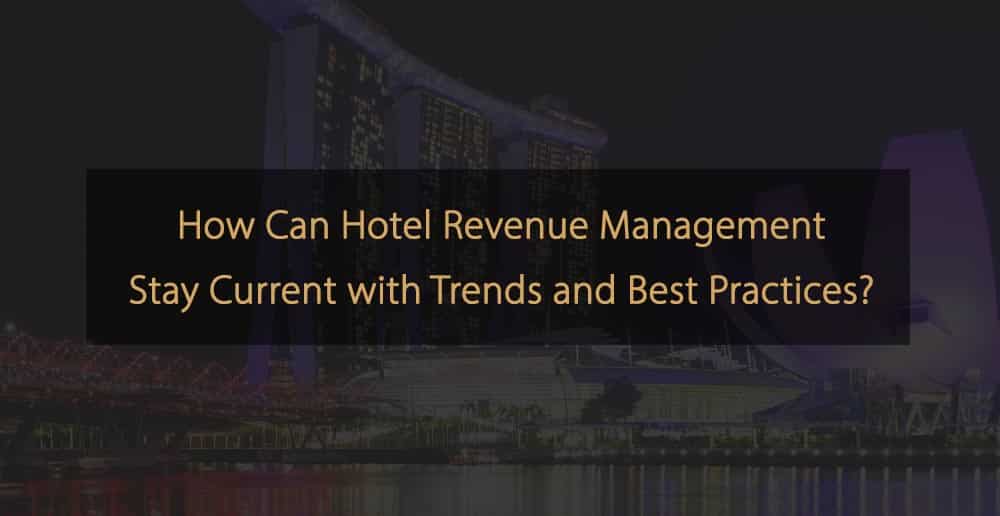
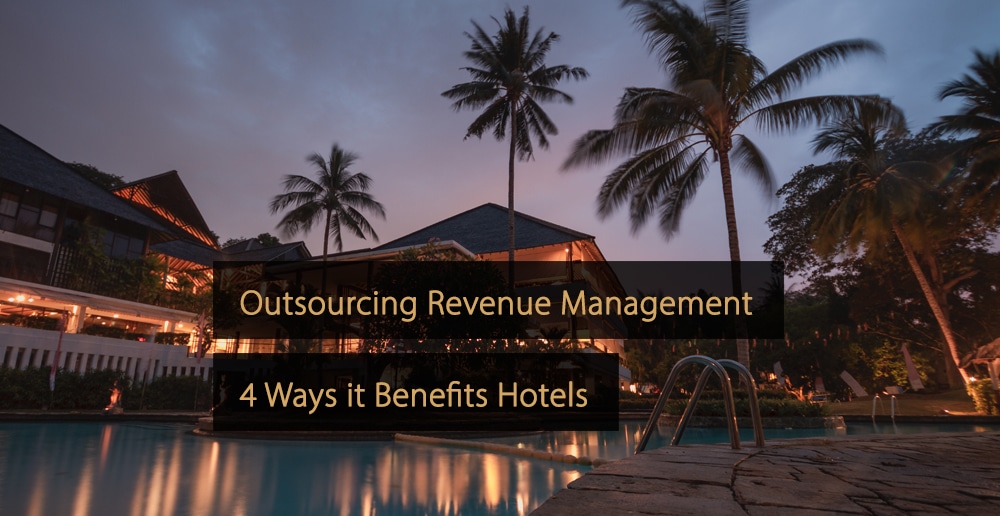
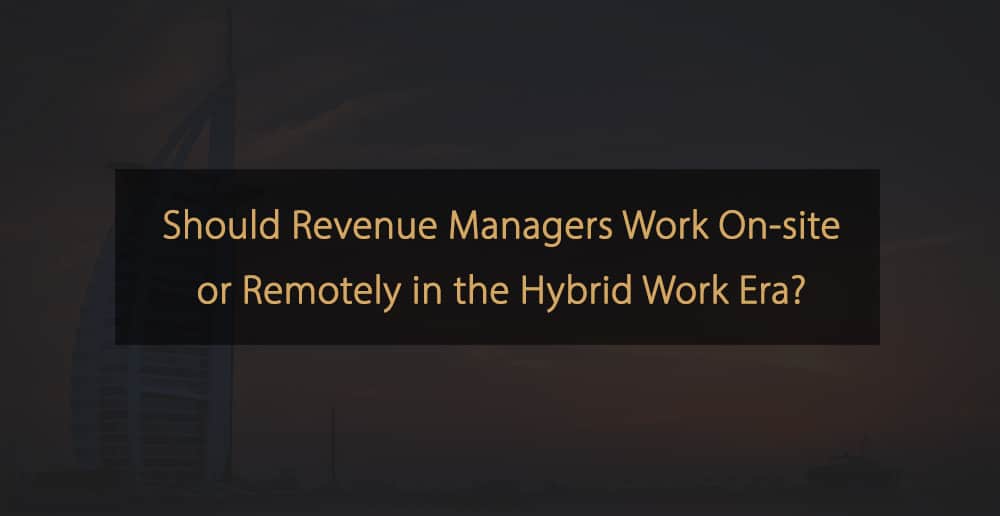
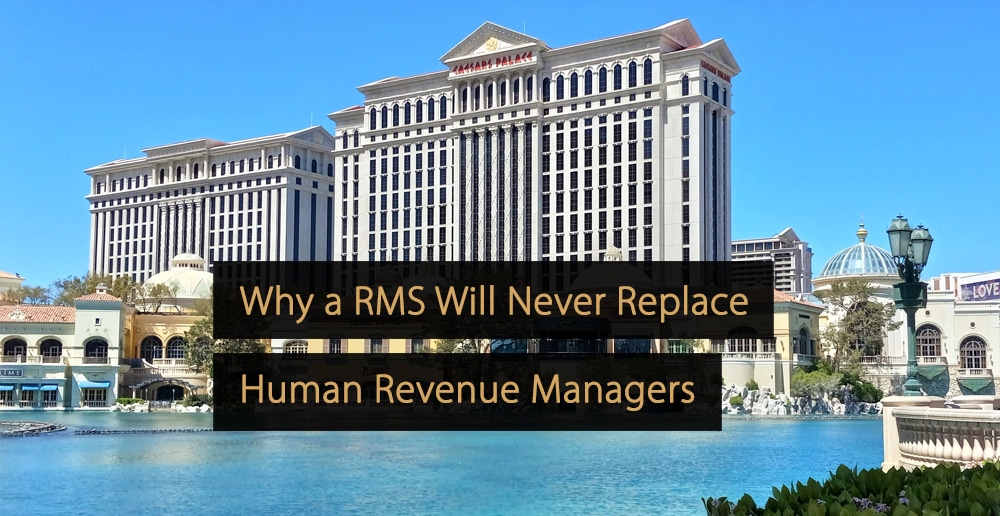
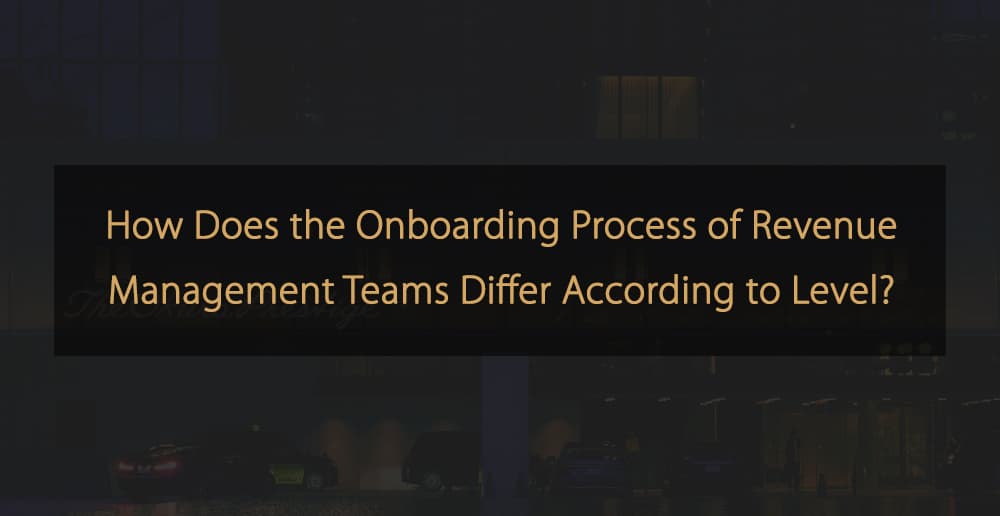
Leave A Comment